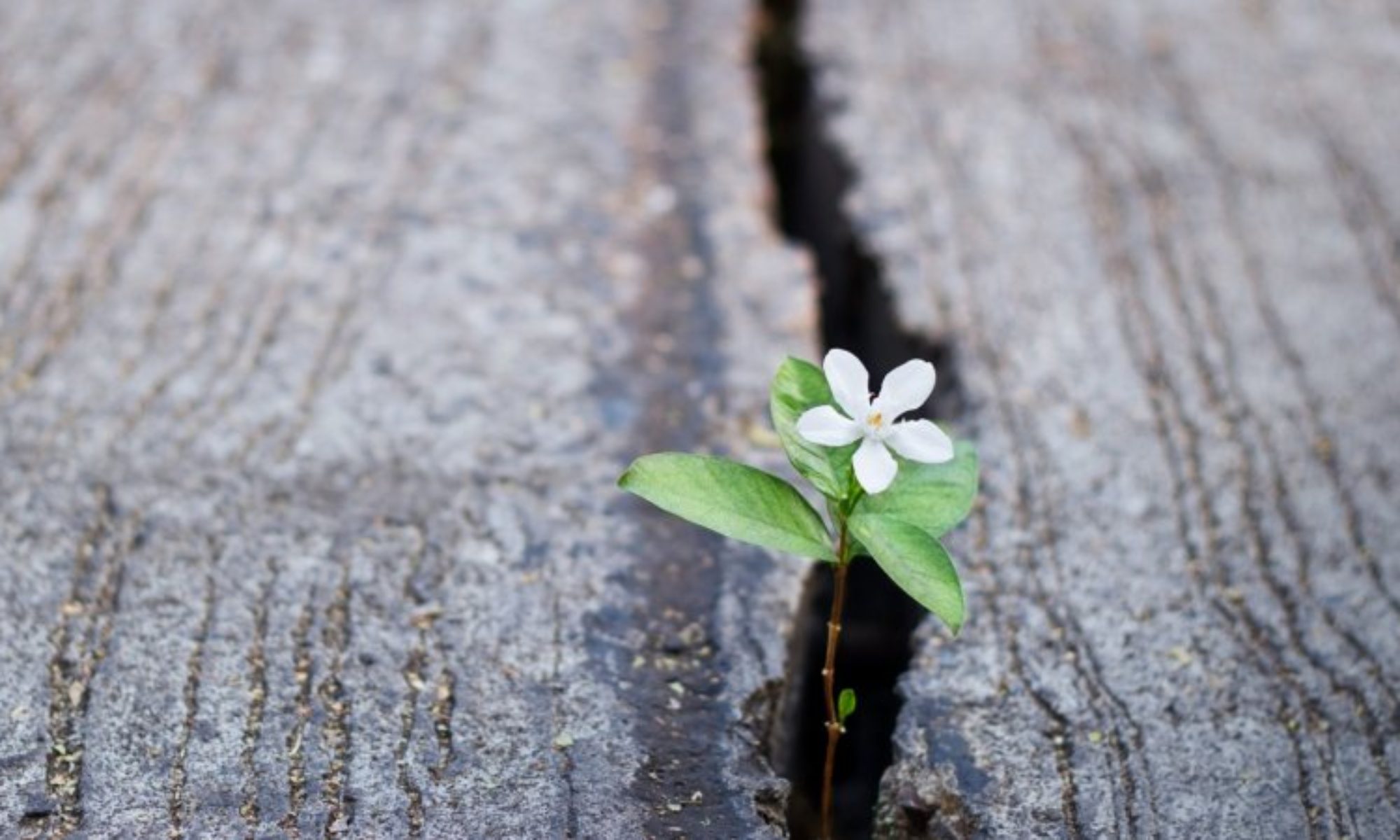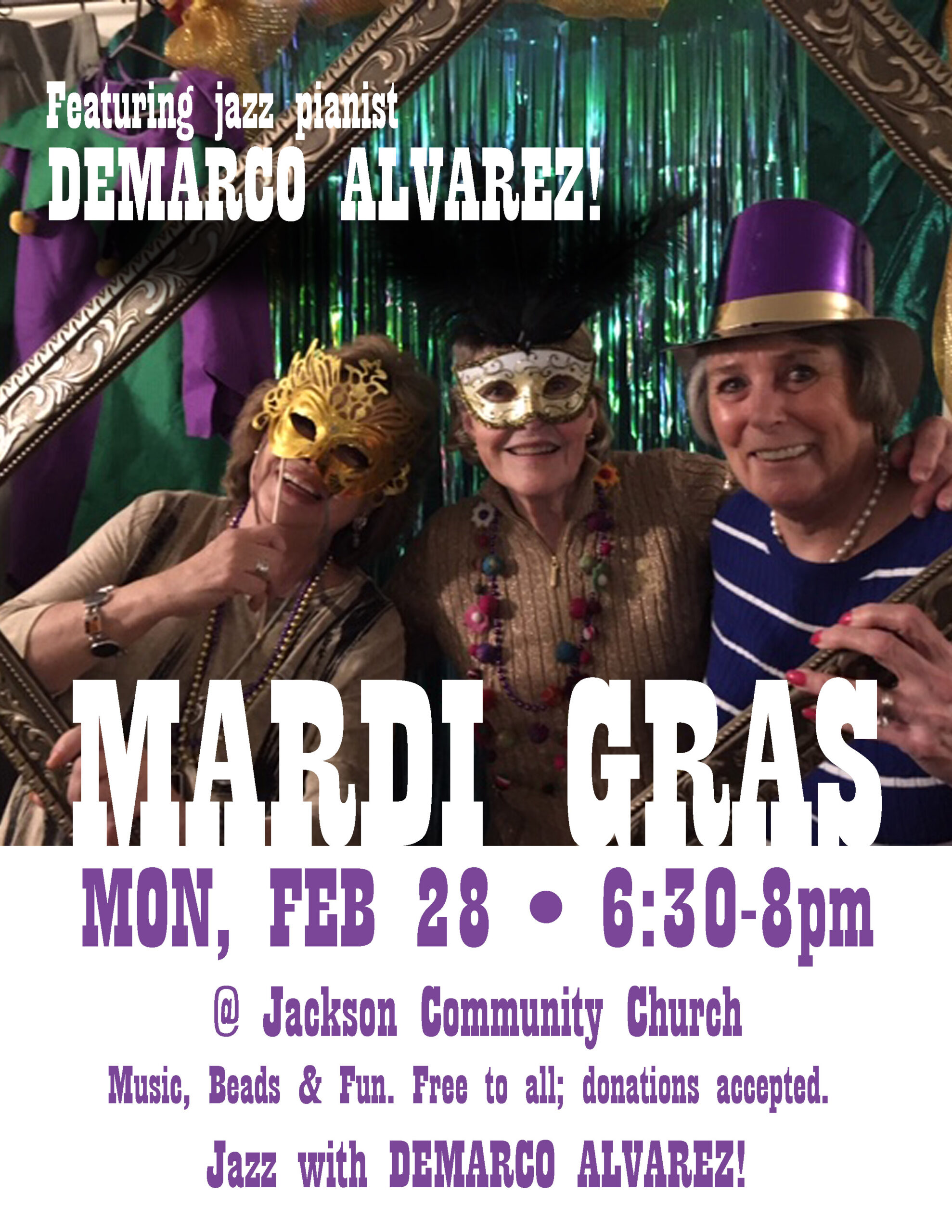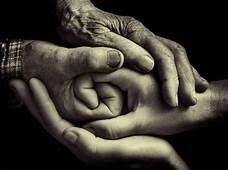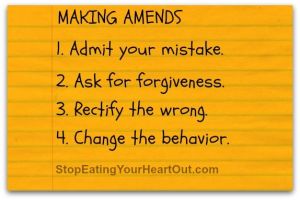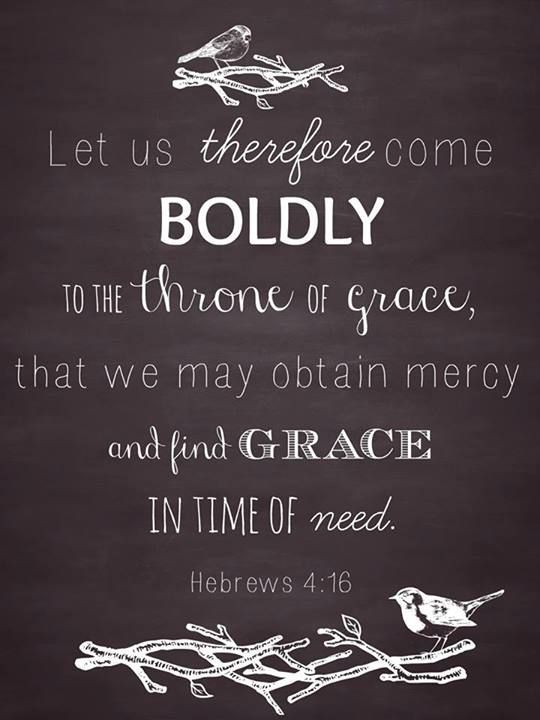HOPE Daily Devotional: Dec 6
Cultivate hope each day this week. December 6: Hope in Action Scripture: Micah 6:8 — He has told you, O mortal, what is good, and what does the Lord require of you, but to do justice and to love kindness and to walk humbly with your God? Meditation: Hope comes from having the belief we […]

